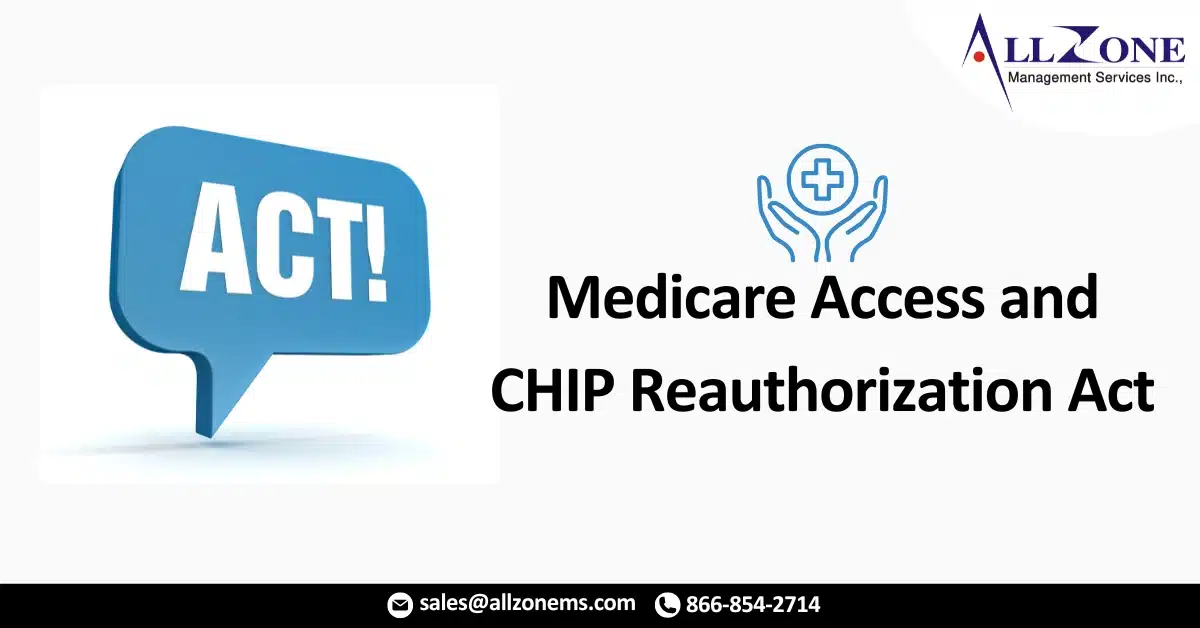Most Clinicians Still Do Not Know About MACRA
Major financial penalties loom for providers not following reporting requirements.
We are more than halfway through the first year of the Medicare Access and CHIP Reauthorization Act (MACRA), and a majority of clinicians still do not understand the program.
In fact, the Centers for Medicare & Medicaid Services (CMS) reported that an estimated 40 percent of providers are unaware of the MACRA requirements, and even fewer provider extenders, such as nurse practitioners and nurses, understand the program.
The deadline to start tracking data under the Merit-Based Incentive Payment System (MIPS) is quickly approaching. CMS made some adjustments for more than 800,000 doctors who are getting a “pass” based on practice size and Medicare patient volume, but over 400,000 providers are being required to report under MIPS this year.
MACRA became law in 2015 with the Quality Payment Program. The affiliated financial penalty is to begin in 2019, based on 2017 compliance. Data reporting requirements kicked in on Oct. 2.
Just a reminder, under the MIPS Quality Payment Program: there will be a 4 percent penalty payment in 2019 for data not reported after Oct. 2, and each year that figure grows. At this point, if providers do not report by 2020, there will be a 9 percent reduction in payments. Under the Alternative Payment Model (APM, which most providers have elected not to consider, since it is high-risk, it seems like an Accountable Care Organization operating under a modified bundled payment program, with significant stress on the coordination of care for the patient.
In spite of a great deal of information being readily available and the new buzz in the healthcare arena, again, still, a majority are not well-informed about MACRA. Maybe after the other mandates – such as those put in place by the Patient Protection and Affordable Care Act (PPACA), electronic medical records (EMRs), and bundled payments – no one is taking it seriously. Some thought the new Republican control of all three branches of government meant that they didn’t have to do much of anything. Unfortunately, many electronic health record (EHR) systems are not prepared to support the clinical care function operating under the new program. None report the requirements with MACRA.
Read more: Do You Know About MACRA?

